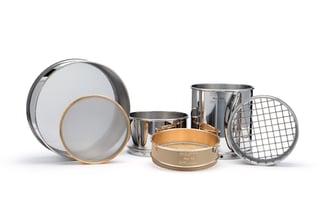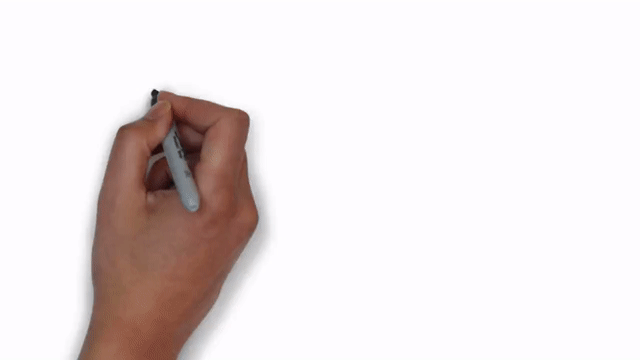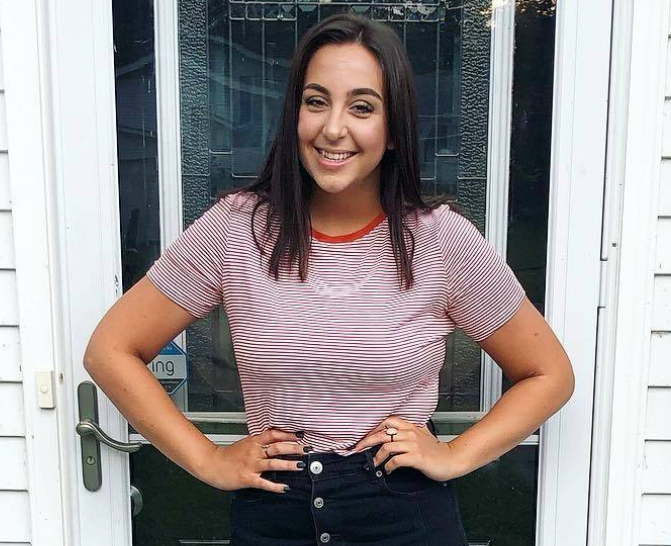How Much Does a Test Sieve Cost? (Factors and Price Ranges + Video)
W.S. Tyler has been providing industry-leading test sieves for over 100 years. Over the years, we have gained a true understanding of all the factors that dictate the cost of a test sieve.
It comes at no surprise that a lot the questions we receive are geared towards how much a test sieve costs.
Well, the short answer is it depends.
We know that isn’t the answer you were hoping for; however, it's the truth. There are a lot of factors that go into the cost of a sieve. Things like: what metal it is made of, the opening size of the mesh used in the sieve, and the diameter of the sieve itself.
The video below provides a more in-depth breakdown of how these factors affect sieve price.
Typically, test sieve pricing can range from $54.02 to $1,380.33.
If we were to list out every single sieve and what each one cost, this article would be a mile long. So, we aren’t going to do that.
There are lots of places where you can purchase test sieves online. So, if you know exactly what you want in terms of alloy, size and mesh opening, you can probably find an exact price somewhere.
What you won’t find on the internet is a breakdown of what is impacting that price or why they are priced differently at different companies.
In this article, we want to talk about all the components of a test sieve and how each of those parts affects the total cost. We hope it helps give you a better understanding of what you can expect to pay for sieves and which one might be right for you.
What Factors Into the Cost of a Sieve?
Before we get into the nitty-gritty of test sieves, it is important you understand what a test sieve is and what parts they consist of. If you don’t feel like you have a solid understanding of what sieves are or what they are used for, you can learn all about them in our last article: What Is A Test Sieve?
There are five main factors when it comes to the cost of a test sieve: type, alloy, mesh size, sieve size, and certification.
Types of Sieves

Standard Test Sieves
These are what most people require and think of when talking about test sieves. They consist of a frame, a skirt, and a wire mesh screen.
These are used for all kinds of dry particle analysis. They can be used individually or in a sieve stack like in a sieve shaker.
Wet Test Sieves
These sieves are used when water needs to be added to the sample during testing. You can check out the product pages we have on wet test sieving on our website.
Frame Diameter

The second factor that is going to impact the price of a sieve is the size of the sieve or the frame diameter.
The most commonly used sieve diameters are 3-inch, 8-inch and 12-inch and therefore these are typically less expensive, but we also sell 6-inch, 10-inch, and 18-inch sieves, as well as 200mm and 300mm.
Standard sizes are often cheaper because we stock them and it is cheaper for us to make these sieves in the house.
Sieve Height
We also sell both half height and full height sieves. Half height sieves are used when you need to have more sieves levels in a stack.
When it comes to diameter driving price, it is pretty simple. The bigger the sieve, the more material and mesh needed to create the sieve. This is going to drive price up.
Mesh Size
This is the biggest price driver when it comes to sieves and is the most important part of the sieve.
The mesh you need in your sieve is determined by your industry standard. This is what dictates your mesh size and a few other quality standards like certification and condition.
Woven wire Test Sieves are available in the mesh opening sizes 4-inch down to 20um. When the openings are bigger than 4” we use a perforated plate. Generally speaking, the smaller the opening size in the mesh or the finer the mesh, the more expensive the sieve is going to be.
When there are larger openings in the mesh, it requires less material and less effort/labor to weave versus a very small opening or tightly woven mesh.
To explain this a little further let’s take a look at a bigger and smaller size mesh.
%20(1).jpg?width=326&name=_MG_7606%20(1)%20(1).jpg)
Here is a photo of what 5/8-inch opening mesh looks like inside a test sieve. The holes are very easy to see. This is going to cost less than a fine mesh sieve.
.jpg?width=318&name=_MG_7625%20(2).jpg)
This is a photo of the finest mesh we use in our test sieves, 635 mesh. You can barely see through it. This mesh is what is used in our most expensive test sieves.
Sieve Alloy
There are two alloys that make up all of the sieves we sell: Stainless steel and Brass.
We recommend stainless steel over brass because it is more durable and considered “low maintenance”.
All brass test sieves (containing a brass frame and brass mesh) are required for testing materials that can spark.
All stainless steel sieves (with both the frame and mesh being made of stainless steel) are required for pharmaceutical and food applications. They are also best suited for testing abrasive materials because the stainless steel mesh is more durable/stronger than brass mesh.
The middle of the road option and most widely used are sieves that utilize the strength of stainless steel mesh housed in a brass frame. These are widely used in a multitude of industrial applications including sand, chemicals, and aggregates.
Understanding Sieve Pricing: What Impacts Cost and Why It Varies
Now that we’ve covered the key factors that influence sieve pricing, it’s important to note that costs can vary significantly depending on your specific testing requirements.
While 8-inch test sieves are among the most commonly used, pricing is not one-size-fits-all. The final cost depends on several variables, including:
- Mesh count – finer meshes typically require more precision and specialized materials.
- Material composition – stainless steel and brass each come with different price points.
- Mounting and adhesion methods – the way the mesh is secured to the frame can affect both durability and cost.
Because of these factors, it’s difficult to provide a universal price range. Instead, we recommend evaluating your testing needs first, then consulting with a supplier to get a tailored quote.
Certification Services
Now that you have figured out what your price range for test sieves is, we can talk about the add-ons and additional services available.
Level 1: Inspection Grade Certification
This level of certification is done and supplied with a confidence level of 99%. The measurement is done after the mesh is installed into the sieve.
Sieves are inspected to meet either ASTM or ISO standards, serialized, and supplied with traceable documents.
Cost: $128.05
Level 2: Calibration Grade Certification
This level of certification is supplied with a confidence level of 99.73%. The measurement is done after the mesh is installed into the sieve. Twice as many openings are measured at this level than in level 1, statistically providing the higher confidence level.
The sieves are inspected to meet either ASTM or ISO standards, serialized, and supplied with the traceable documents.
Cost: $213.31
For a more in-depth explanation of test sieve certification, review our article: What is Test Sieve Certification?
To Sum It All Up:
We hope that even though we didn’t give you an exact quote for your needs, you now have some idea of what you are going to be paying for a sieve and know what makes up that cost.
Whether you buy your sieves from us, or from someone else, we want you to be an educated buyer that knows where your costs are coming from.
If you have gotten to the end of this article and still aren’t sure what you need or what test sieve is right for you, feel free to send us as a message and let us know.



